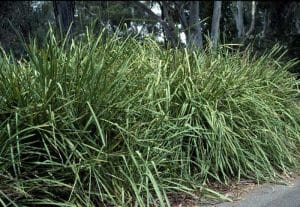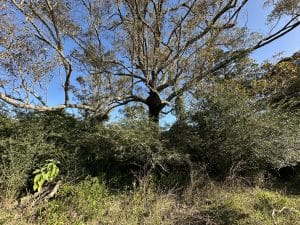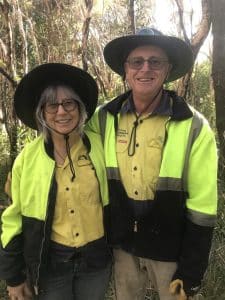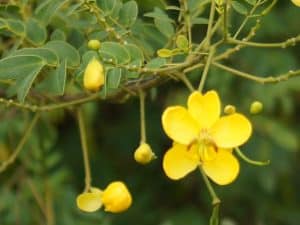Weedy Warnings: Juncus acutus – Spiked or Sharp Rush
Juncus acutus– Spiked or Sharp Rush is a serious weed of coastal wetlands that degrades pastures and threatens native biodiversity. It is native to Southern Europe, the Mediterranean region and Western Asia.
Spiked Rush is tolerant of low fertility and saline soils, and will grow in areas of inundation. In our region, it is common in the floodplain of the Lower Manning, where it grows in coastal saltmarsh, swamps & wetlands and degraded pastures. It has also been found on the foreshore of Southern Wallis Lake.
Spiked Rush is highly invasive because it sets copious volumes of seed two years after germination that distribute readily by water, soil cultivation, stock and contaminated machinery. It is a vigorous plant that outcompetes native species and is of particular concern in Coastal Saltmarsh which is listed as Threatened Ecological Community (TEC) in NSW.
It forms dense, impenetrable infestations that are unpalatable to stock and native animals. Infestations may also harbour vermin, particularly rabbits and foxes.
Control options are problematic by virtue of the fact that it grows in areas with tidal inundation, and within TEC, making physical removal with machinery unviable.
Chemical control within estuarine areas and floodplains may have undesirable impacts on other organisms and should be undertaken with extreme care.
If you would like to learn more about Juncus acutus and how to manage it, come along to our Mitchell Island Field day on Feb 24, 2024. Email plc@midcoast2topslandcare.org for more information and to register your attendance.
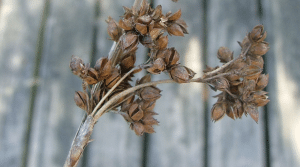
Close up of mature fruit. Image: Sheldon Navie
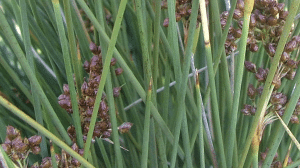
Close up of stems and leaves. Image: Sheldon Navie
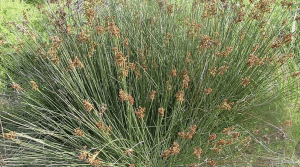
Habit. Image: Sheldon Navie
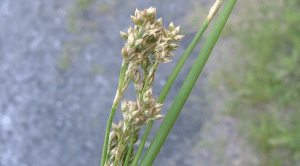
Flower buds. Image: Sheldon Navie


